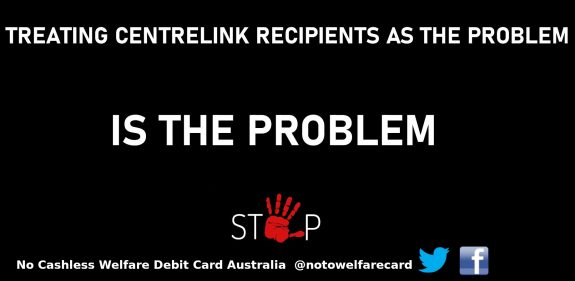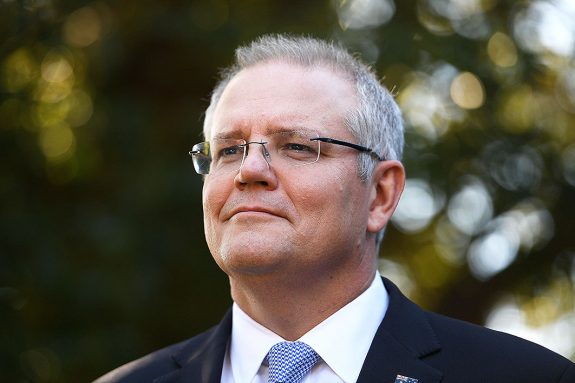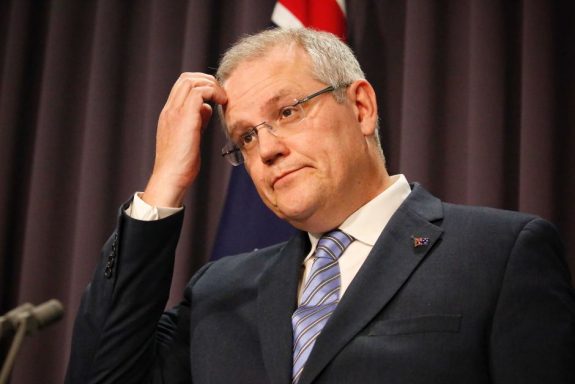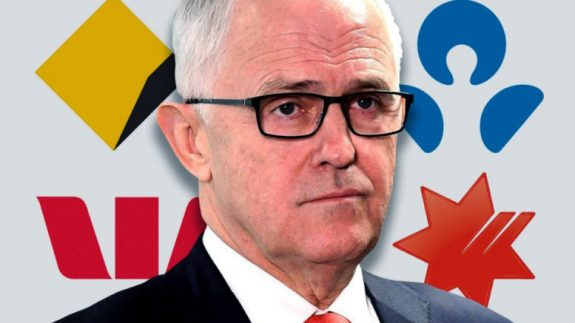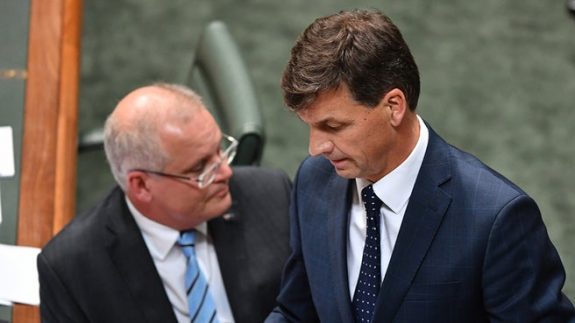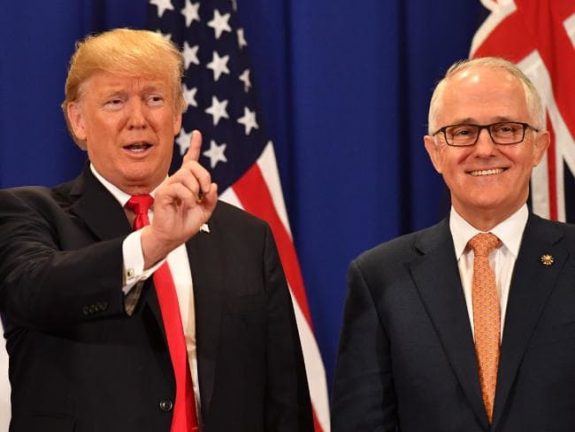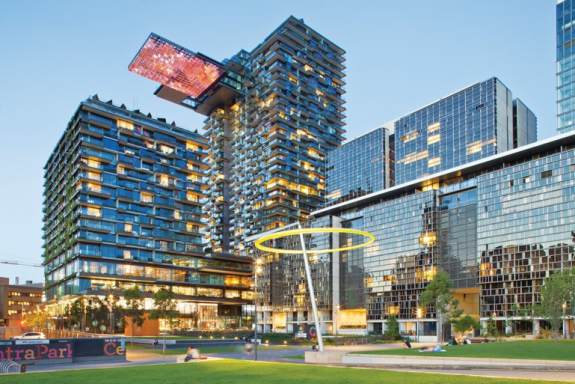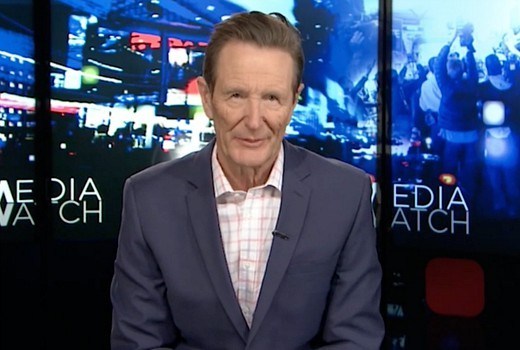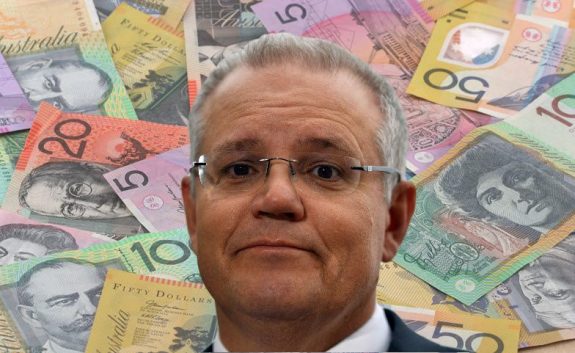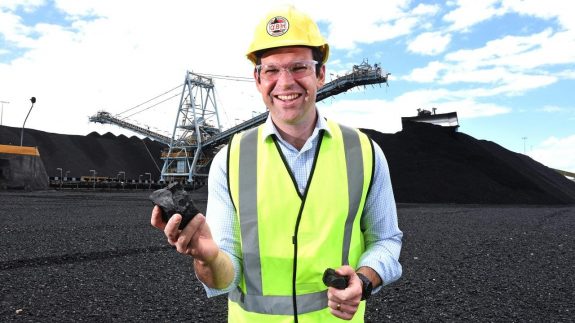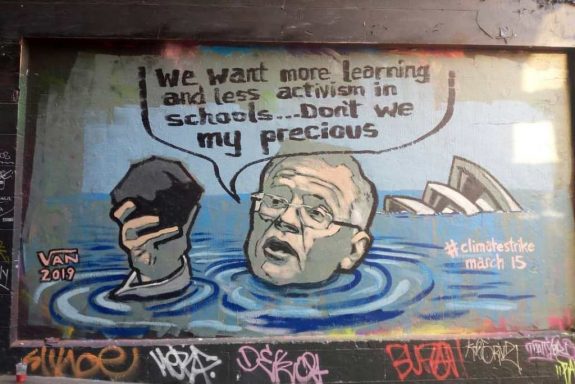I wrote to the senate inquiry today to speak as a private citizen, as a survivor of crime and as a social security entitlement recipient who is also a long term clean and sober alcoholic and drug addict. I am one of thousands if not hundreds of thousands of people who are facing forced income management under the Cashless Debit Card Trial (CDCT) program should roll outs continue.
I do not agree with the government’s assertion that the cashless debit card trials need to be extended and I do not believe this government has made a case for a trial extension. This bill will extend the trials and these extensions, as others in the past have done, will ultimately mean that human and economic rights infringements will also continue.
I am a survivor of long term sexual physical and psychological abuse, child sex-trafficking and religious abuse. I am a birth mother, a single mother, and a survivor of all the ‘value adds’ that come with each of those experiences; malnutrition, mental illness, homelessness, abuse perpetuation, social isolation and abject poverty. I understand the concept of ” Tough Love” and its role in addiction and trauma recovery very well. What government is offering under that banner, is not what tough love means.
Through my experiences in sickness and wellness, I understand that for tough love to be useful and effective, and not just another form of abuse, it has to be metered out by people with intimate knowledge of the issues and not by those whose only power and evidence is opinion. Tough Love has to come from people with a genuine authority of experience, and a genuine care for those they work with. Tough love begins from a position of equality, mutual respect, understanding and lateral comprehension.
The CDCT policy as a structure is none of these things and nor are those espousing and implementing it, who have consistently been impersonal, dismissive, infantilising and judgemental.
I am fortunate that I was surrounded by wise people when I was ready to stop drinking and using. They never judged me or thought it was in any way appropriate to try and restrict my spending or to control my daily life. They did not cushion me in any way from the often-devastating consequences of my own stupidity and already knew they could not ‘fix’ the underlying disease of my addiction.
They knew as I do today, that the consequences of my avoidance of responsibility, in the end would be the greatest teachers and motivators I had. Removing those true incentives, for an addict, is like removing soil from the base of a seedling. Without them, I couldn’t have learned from my mistakes and recovered. In a world where my only experience of ‘love’ was abuse, and experiences of ‘help’ were harmful, those consequences and yes, the pain they bought me, were the only teachers I could see hear, and the only thing I could trust.
To infantilise people as these cards do, removes more than this essential individual responsibility and accountability, it undermines the capacity of a person too. In the manner these cards do that, is to sentence people, in some cases, to a slow death. At best, it removes the teacher from the classroom, while demanding the student pass. It’s backwards.
I also know something of surviving abuse and trauma, and so I know firsthand that these cards, in undermining self-determination and personal autonomy are anathema to trauma recovery.
Government will never be able to address whatever inter-generational welfare dependency issues may exist, without first addressing issues of injustice and inter-generational trauma. Not just in any one community, but in the entire Australian community.
The impacts of denying people their full exercise of human rights are all around us right now. They are visible in the very ‘problems’ government now wishes to address with conditional social security policies, yet successive governments have ignored the voices of those most experienced in recovery in the development of those policies.
Applying insult to injury and taking that arrogance of ignorance a step further, denying people free access cash in a largely cash economy-based world, will only undermine any progress that has been made. Segregating people further from the world they must survive in, treating citizens as criminals simply for needing support, only isolates people from help even further. To move forward, you need trust. These cards are anathema to trust.
In the first and last assessment, access to cash money has nothing to do with treating any social problem. Government already knows this. There are four reports that inform the government of this, the government wrote them.
Control of cash money isn’t just about controlling people’s incomes, it is controlling people and nowhere at any time in history outside of atrocity, has this ever been successful.
The Cashless Debit Card Trial only serves a wider political agenda towards cashless societies, and on the ground, simply removes individual autonomy and adds a further layer of bureaucracy, complexity and burden to people already living with the failings of bureaucracies, people already overburdened and living complex lives.
What matters most when tough love comes to the basement, is that it is provided as empathetic medicine, not inflicted as a punitive control that can only ever uphold the intention to punish. This provision of tough love is important, because that simple qualification means the dis-ease and the person with the dis-ease, are not viewed as one and the same.
These cashless card trials and the policy as written under the Act now, makes no distinction between people who actually need government intervention and those who do not. It assumes. It morally judges people based on class and any number of closeted political agendas and ideologies. It bypasses every institutional wisdom and ignores structural issues as a contributing factor related to poverty, unemployment, abuse and addictions, in order to abdicate responsibility and lay blame for societal conditions onto individuals who never had a say in any of it.
As a practising addict, not only would I have gone to any lengths to get my fixes, cashless card or not.
A lack of access to ready cash would have only kept me locked into the very circles of friends and cycles of abuse I needed to step away from to get well. Restricted access to income would only have meant I was made more dependent on those friends and circles to survive.
I am not sure who came up with the idea it ever was, but I can tell you with the authority of my experience, that the availability of cash or lack thereof, was not the reason I drank, or continued to drink. Underlying causes and conditions must be addressed on an interpersonal level if recovery from addiction is to be possible. We cannot ignore the fact that two of the major causes for cyclical abuse patterns are the conditions of social stigma and ongoing social ignorance.
As a victim of sexual and structural crime, salvaged from certain demise at the hand of policing organisations who were meant to defend me as a result of the Fitzgerald Inquiry into those organisations, I know and have lived the full cost of social ignorance and social silence. Having had over a thousand ” good community men” tear through my body before my fourteenth birthday as my lived experience and ‘cost’, I can tell you this card is anathema to the needs I had in my early recovery from those experiences too.
The need for self-determination, was and is paramount in and to my survivorship; it is integral to moving beyond victimisation into survivor-ship and so, into stability and every single report on trauma and recovery from trauma can back me up on that. With the presence of any unwanted, external force controlling my daily life, such as this card would be, I could not have coped, and I would not cope, even today, as far as I have come.
Importantly, rather than “incentivised”, I would not have been motivated to recover at all, as to my wounded mind, giving up my rights to determine my own financial choices, would have been swapping one form of human abuse and slavery for another. I would have chosen suicide rather than to live subject to another person’s constant control, in that shame, bearing that social stigma and the silent yet obvious daily accusation I was just another perpetrator and a burden on the very society that abandoned me as a child to abusers in the first place.
It is with no small sense of irony and a great sense of despair that I find myself potentially subject to this card today simply because those early experiences I endured, in their cumulative impact, have left me disabled. I don’t fit governments target criteria, yet somehow that doesn’t matter.
Having made incredible journeys into recovery and sitting here to write to you now, a clean sober woman in a stable in a healing recovery path, I no longer fit into any of the target groups or categories this card is supposedly designed to ‘treat’ aside from ‘social security entitlement recipient,’ and yet along with all those that do or might, I am about to have my autonomy, the only real possession I have ever reclaimed from abusers in my recovery journey, removed again. All my hard work seems to have been for naught. Society wouldn’t accept me as I was, and now won’t accept me as I am.
Imagine for a moment that all the CDC’s intentions were justified and valid, then I ask you one last time, what have I done to warrant this punitive action and this imposition of government force and control in and over my life? What crime have I committed but to survive beyond expectation, that anyone has the right to sit in judgement over me?
Where was the government when I was being raped by its representatives on a daily basis that they now claim the right to condemn me to involuntary third-party income management for surviving that horror? Who are you to judge me a failed citizen, a derelict and who are you to judge those that are?
I am not a lost person or one who requires parenting or government guidance over my financial management, I am not stupid or impaired or negligent. The people who did this to me are. I have educated and schooled myself, I am someone who has endured, survived and overcome to the best of my own ability, though it seems not to government standards, the criminality and derelict moralities of the truly lost people of this country.
I have raised and I am continuing to raise myself out of the gutters members of this society not facing forced income management today put and left me in and all I have needed to do that, is an income support payment. I have no desire to end up back in the gutter and I have asked nothing else from the government. I am a good citizen. A good person. I pay my taxes, I support my community, I do what is required to stay well and stable and not deplete hospital resources unnecessarily.
I am entitled to my Centrelink payment under law, and it is my legislated right to own this entitlement under law. I do not abuse this payment. Under the CDCT, I do lose ownership of 80% of this payment. A corporate entity will control it and so, control me and my financial and social life. I cannot accept this. I will not.
I do not wish to participate in this act of collective punishment by the State on its most vulnerable citizens. And I will refuse to, even if that means my life ends or is diminished as a result. I know too well, that it was only the absence of respect for my rights as a human being and as a citizen and the intentional abuse of my human rights, that I am Centrelink payments to begin with. Rather than horse dung, respect for my human rights has been the only door to any of the recoveries I have been forced to make. This government must be held accountable to the law. Wanting to ‘get the cash out of communities’ is not sufficient justification for continued human rights infringements under the law.
Policies of social and economic segregation aside, any government action that includes or justifies acts that infringe upon people’s human and economic rights is an extremely serious matter.
If the government wishes to use addictions and abuse as its justification for imposing the card upon the “welfare class”, then it must address us all. Government must explain to the parliament and the people, why all the people who have committed no crimes and have no social illness or delinquency to speak of, are being forced onto CDCT and they must explain to us why we must submit to this third party authoritarianism and abuse of our rights as citizens and human beings.
If the government genuinely holds that removing access to alcohol and gambling products will work to stop addiction, paedophilia, crime, violence and gambling problems, then why assault people like me who do none of these things? If the situation is so grave, why have we not shut down places that sell these items in all communities? If governments intentions are to ‘help’ communities, then why after two years and millions of dollars, is there still no rehabilitation service in Ceduna? Why no youth diversion camp in Kununurra? That is what these communities were asking for. Why have their voices been ignored?
If the government believes that moving forward, collective cash control is the only solution to society’s ills, then let’s do it right from the get-go! Let’s do it together, all inclusive, the entire national community. Let’s close all the pubs poker machine venues and casinos everywhere right now and take control of everyone’s incomes. Are we no longer equal Australians?
If that sounds stupid or an affront to you, then maybe you now have a glimmer of understanding how it feels to be me right now. Only my understanding of that stupidity comes with the knowledge that it would be wrong to do that, to determine outcomes for others based on my individual intellectual and moral views and personal choices; based on my view of how things could, nay should ‘get better’ in this country.
The reality remains that the dis-ease that pervades the life of an alcoholic drinker is not in the bottle at all. It’s inside the alcoholic and not in their wallet. While money is wasted on efforts to control the symptoms, focused on efforts that ignore, demean, demoralise or demonise the person, the government simply dis-empowers the only source of the solutions. Nothing will change for the individual, because nothing will have changed where it matters to where it needs to. Within them. No amount of money or lack of cash money can change that.
In an economic landscape where fiscal disparity is 500 to 1 at best, concepts of community consensus let alone collective ‘community consent’ is nearly impossible to quantify and even if it were, outside of criminal activity, it should never usurp or replace the rights or informed consent of a single citizen. Under the current Cashless Card system, we are all considered guilty, all delinquents, and so the ignorant yet wealthy who are being empowered to give third party consent to these roll outs ‘ on our behalf’ are simply acting feudal lords determining outcomes for the peasants yet again. This isn’t right, it isn’t “OK”.
This policy is a total social injustice of a kind last seen in that feudal era, a ‘mistake’ we as a society have already repeated during the Northern Territory intervention. It is time to learn from the past, not continue to emulate it.
We the ill, the recovering damaged, the poor and disenfranchised don’t need any more good intentions or this twisted version of love or compassion, any more than we need your blanket judgements. What we do need are good decisions made by informed, trauma aware and mature people with a consistent empathy and authentically welfare-based vision willing to stand accountable for policy failure and impact outcomes.
We need people willing to see and hear us, and willing to work and engage with us, not those who would view themselves as our betters. And it is very clear from all the submissions and evidence given to the inquiry’s so far by those good people – yes I have read them all, that the Cashless Debit Card, which is a new name for third party income management by force, is simply not the answer.
To safeguard the innocent, to help those truly unable to help themselves, there needs to be at minimum a reversal of the burden of proof. Government needs to provide accountable proof that people are fiscally delinquent or even that they are in need of acute help. This must be accomplished via individual case assessment.
Individual case assessment is the only way to know, for certain, who needs help and who does not, and so, to protect the integrity of our so called national values that, unless there has been a coup, do not include collectively judging and punishing innocent people or infringing upon the human rights of citizens with impunity.
If individual assessment finds we are not falling or failing to thrive, then the card has no place in our lives and no grounds exist for it to be imposed on us.
As a survivor, I do not consent to having my human and economic rights stripped from me for no reason, regardless of any ‘data’ and ‘opinions’ or the ideology and grossly misled assumptions of an inept, unaccountable and political party. I will never give consent or be forced onto this card, on pain of homelessness, hunger and even death. My human rights and my dignity, have a value and special meaning to me beyond money, beyond society’s view of them, even if they mean nothing to anyone else. I will not be forced under duress to sign any contract with an unaccountable private corporation against my will. I will not.
I refuse to accept that any individual, government department, group or community has the right to give ‘implied third party consent’ on my behalf to any government that would enable them to abuse my human and economic rights and freedoms, and I believe the very notion that they have any right to do that outside of criminality is absurd and simply Orwellian.
Abuse is not love. Harm is not helpful. Constriction and restriction that create harm and reduce a person’s status in the world, are not acts of compassion. The Indue cashless card reflects all the worst possible options available to the government in supporting people on Centrelink. I do not drink, use drugs, gamble or commit crime. I will not now or ever find it acceptable that my character can be presumed for me, nor accept that those presumptions acted upon by third parties, to my detriment are right, legal or moral.
I will not have my self-determination and personal autonomy in the world stolen by force ever again by the institutions of government or its agencies and representatives and I will not be treated like a criminal or an animal, by anyone, much less those so clearly devoid of the morality and basic human empathy, life experience and comprehension skills required to make such an assessment of my life.
If I am the only one or the last person in the entire nation to stand and say no to this policy, then so be it. I am not afraid. I know I am not writing only for myself or the current generation. I am considering the impact of this policy on people like me in the generation to come, and I make my stand with full awareness of the ultimate cost to me personally, and with awareness of the impact of the cost of normalising and institutionalising human rights infringements and government neglect in my country.
I absolutely question the use of the CDCT policy as a social “catalyst”, and do question the future of human rights in Australia overall if we are to be permissive of any government seeking to continue to infringe on the human rights of one group of people in order to motivate another group of people.
These cards are already turning practising addicts into dealers and practising alcoholics and the mentally ill into suicide statistics. Rather than achieving a catalytic explosion of hope in multiple creative and informed directions, the cashless debit card, via intimidation and moral judgment, has shown that it only creates inertia. For something to be a catalyst it has to create something productive, despair is not productive. Except for a privileged few, and when you actually read their submissions and stories, for most people on the cashless debit card already, despair is their daily diet. The food children need to grow well, doesn’t stop at the supermarket kind. These cards are stealing hope.
Human rights are not horsesh*t, they are not ‘irrelevant’ they are not paper weights. To me they are all I have left that structurally informs me I am more than the sum of other people’s opinions and judgements of me, and more than the experiences of my past.
They inform me that I do have a right to exist, a right to be here and the right to be free and protected as an equal member of society from all forms of social and institutional discrimination and abuse regardless of my social or financial status. These rights apply to all of us, equally, or none of us, entirely.
In the wider world, human rights inform us all. They are the wisdom of the lived experience of centuries of human mistakes and failures. They are the boundaries we have set for ourselves as a global community of human beings; a line in the sand we have legally and morally drawn based on our highest most informed moral awareness. Any program or government, knowingly impinging on these boundaries without concrete justification, is exceeding its moral and legal authority. The cashless debit card policy impinges on these rights.
To the best of my knowledge, the Cashless Debit Card Trial Legislation was presented and approved on the basis it met specific targets and respected limitations that applied to trial conditions only. These objectives and limitations have not been met. At the end of the day, it remains that now four years on, the Cashless Debit Card Trial has not met the targets set down in law, and another year will not change that.
I am a human being, not a laboratory specimen. I am not stupid and not willing to be compliant with acts that bring about my own dehumanisation.
The Cashless Card roll out this far has not just disrespected human rights of the people; it has not respected the people. This will not change in the future as this bill does not address the people or their futures. This legislation hasn’t even included one word about care for the people, protection of the people at all.
Under these conditions, it is wrong to continue these trials let alone to give consent to extend trials even further and to wilfully abuse even more people. I cannot speak for all, though I will say, that all the people who have been given no choice but to spend their lives surviving society’s neglect and the intentional abuses of its ‘good citizens’ embedded in its institutions, do deserve better. A lot better.
For this and many other reasons, I will not submit to this policy. And there is no power on or in this earth that can compel my conscience otherwise.
Like what we do at The AIMN?
You’ll like it even more knowing that your donation will help us to keep up the good fight.
Chuck in a few bucks and see just how far it goes!

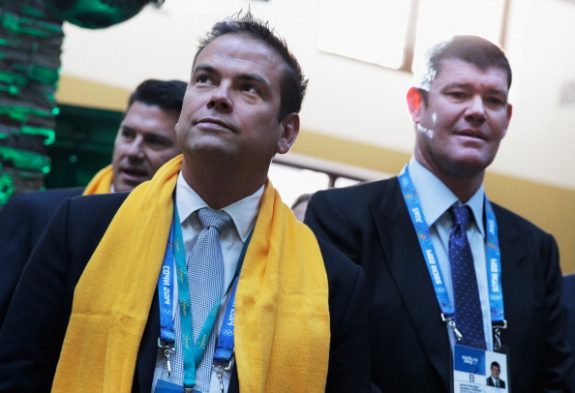
 Dr. Venturino Giorgio Venturini devoted some seventy years to study, practice, teach, write and administer law at different places in four continents. He may be reached at George.venturini@bigpond.com.au.
Dr. Venturino Giorgio Venturini devoted some seventy years to study, practice, teach, write and administer law at different places in four continents. He may be reached at George.venturini@bigpond.com.au.









